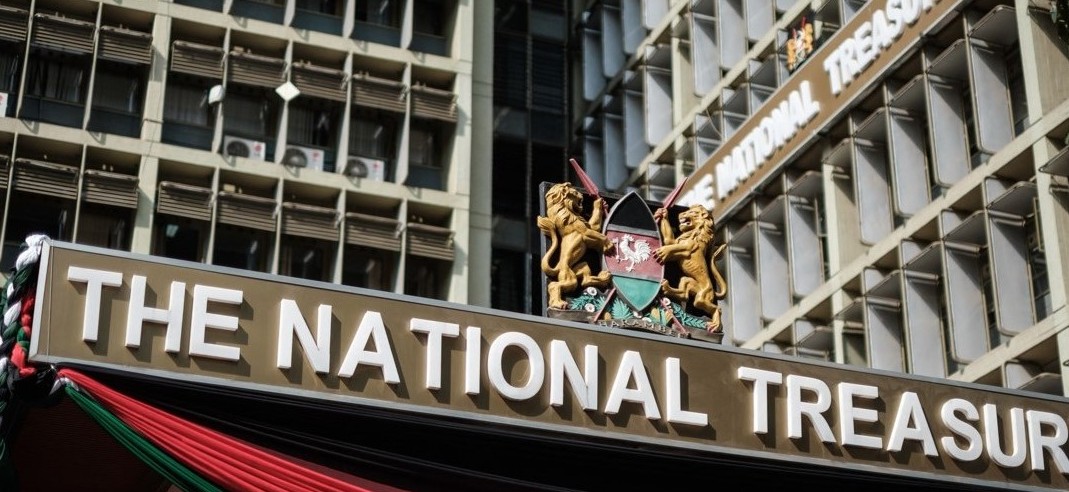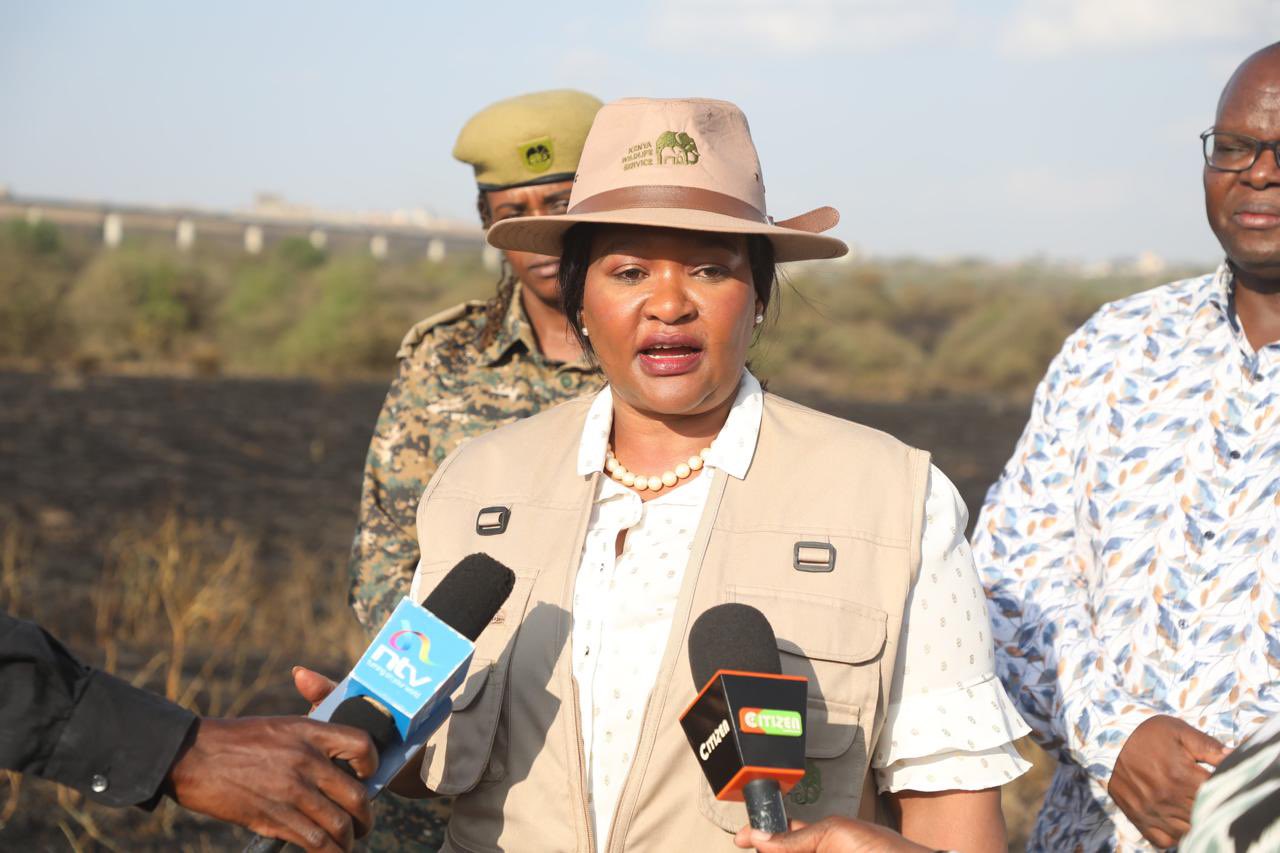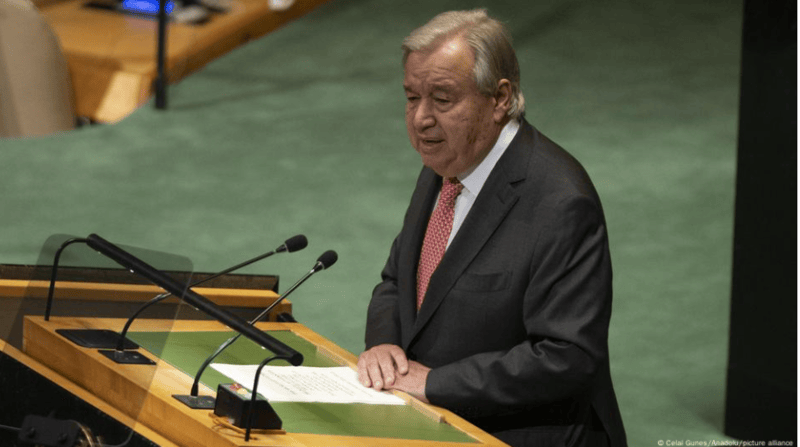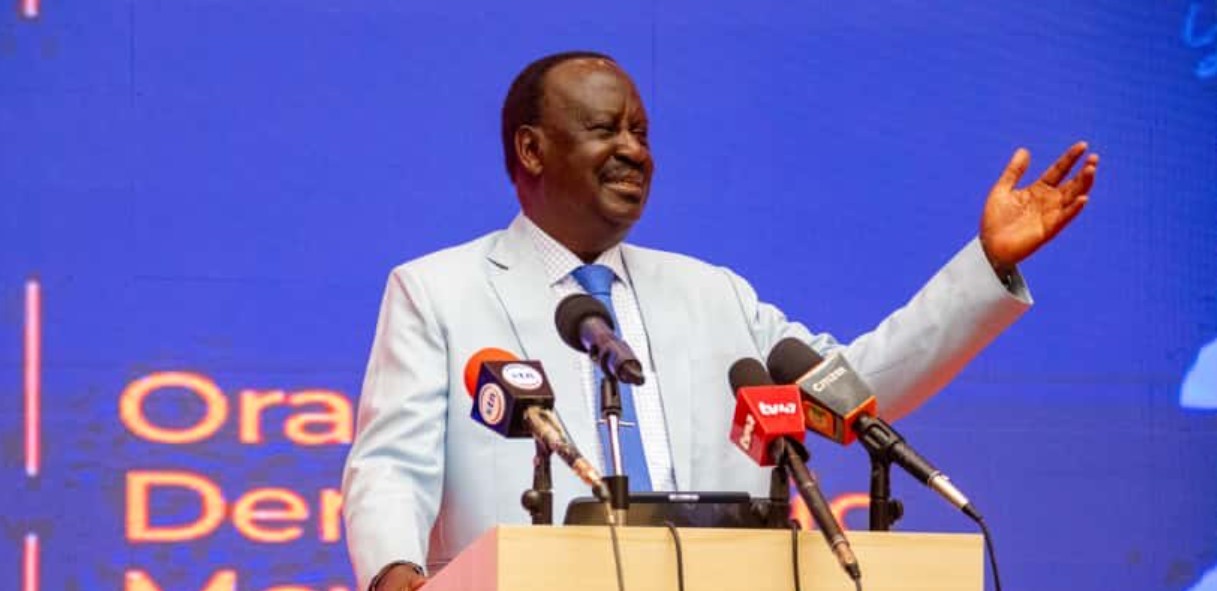High Court dismisses bid to widen Political Parties Fund, cites abuse risk

Justice Lawrence Mugambi ruled that the current requirements outlined in the Political Parties Act are essential safeguards that ensure only serious and competitive political organisations have access to state funding.
The High Court has dismissed a petition seeking to open up the Political Parties Fund to all registered political outfits, saying it would expose public money to abuse and encourage the rise of briefcase parties.
In a judgment delivered in Nairobi, Justice Lawrence Mugambi ruled that the current requirements outlined in the Political Parties Act are essential safeguards that ensure only serious and competitive political organisations have access to state funding.
More To Read
- ORPP issues seven conditions to political parties ahead of November by-elections
- Registrar of Political Parties reveals only 47 parties are eligible for funding
- UDA, ODM to pocket over Sh1.2 billion from Political Parties Fund
- Small political parties petition MPs over ‘unfair’ funding formula
- Guinea reverses opposition parties' coverage ban ahead of key referendum
- ODM threatens to sue Treasury for withholding Sh12.6 billion from Political Parties Fund
He noted that the law’s demands, including having at least one elected representative and maintaining party offices in no fewer than 24 counties, were put in place to protect taxpayers.
“It must not be lost in mind that the issue at hand is public funds, and these conditions are deliberately meant, first and foremost, to protect public resources. They guard against the mushrooming of briefcase political parties formed solely to siphon off public funds,” said the judge.
He added that Parliament acted wisely in passing the law in its current form, and there was no reason to declare it unconstitutional.
The petition was filed by Jane Florence Njiru, the Vice-Chairperson of Ford Asili Party, who argued that the funding rules were unfair and unconstitutional.
Njiru had asked the court to scrap provisions she said discriminate against smaller parties, including the requirement of a 600,000 shilling registration fee and the need to maintain offices across 24 counties.
She also opposed the decision by the Registrar of Political Parties to conduct an audit to confirm if all parties meet this condition, saying failure to comply could lead to deregistration.
“The exorbitant registration fees and the requirement for physical presence in at least 24 counties are prohibitive and designed to drive out weaker parties. The funding model – where access is pegged on elected representatives rather than the number of votes a party garners – is also unconstitutional,” she argued.
Justice Mugambi rejected these arguments, saying the petitioner failed to show how her party had been discriminated against under the law. He further noted that the Political Parties Act applies equally to all outfits and does not create categories based on wealth or popularity.
“The Act does not, in any way, stratify political parties into rich and poor or large and small. All it does is prescribe minimum conditions for funding that apply universally. It is unclear what criteria the petitioner used to draw such a distinction,” he said.
He maintained that the funding conditions are reasonable, democratic, and aligned with the responsible use of public money.
“Those who seek to benefit from public coffers must show the capacity to compete and represent the electorate. Otherwise, there would be no point in funding moribund political entities simply because they participated in elections and garnered some votes,” Justice Mugambi said.
Top Stories Today












































